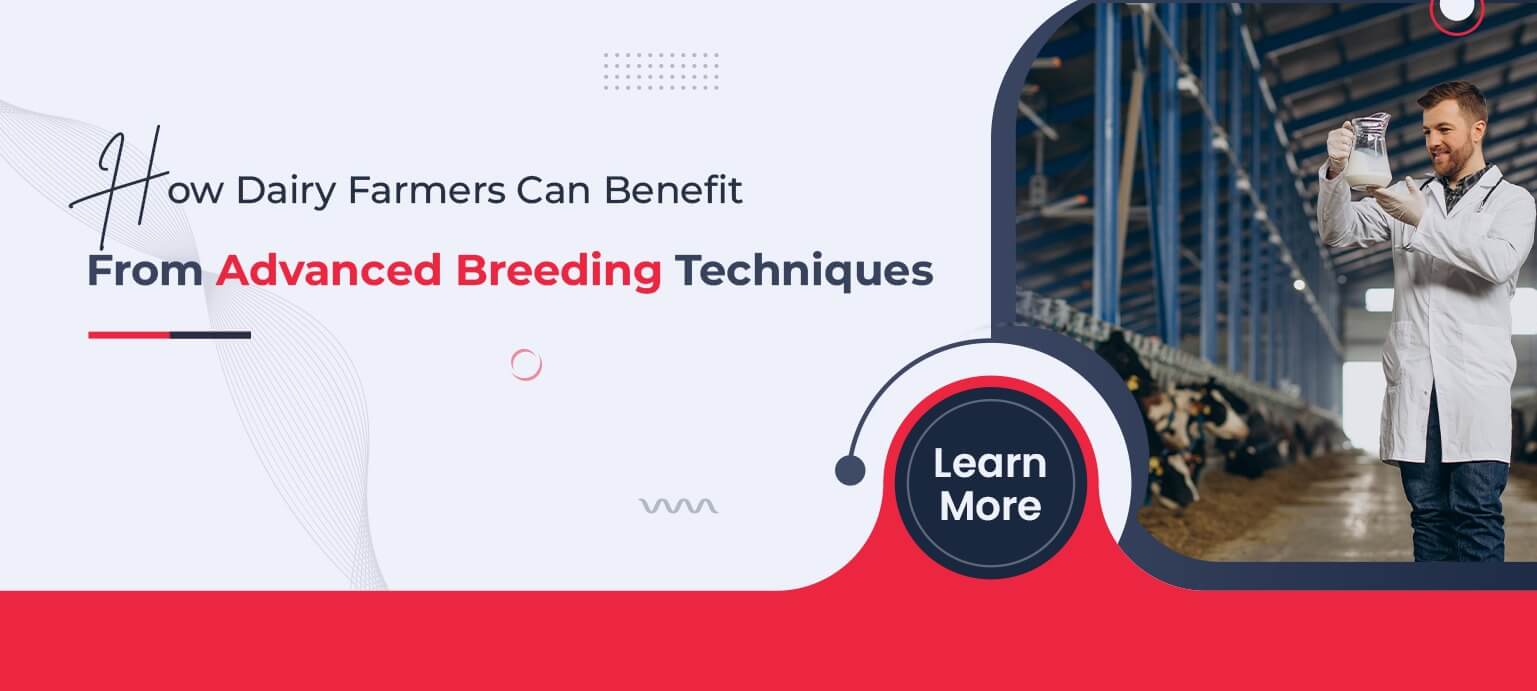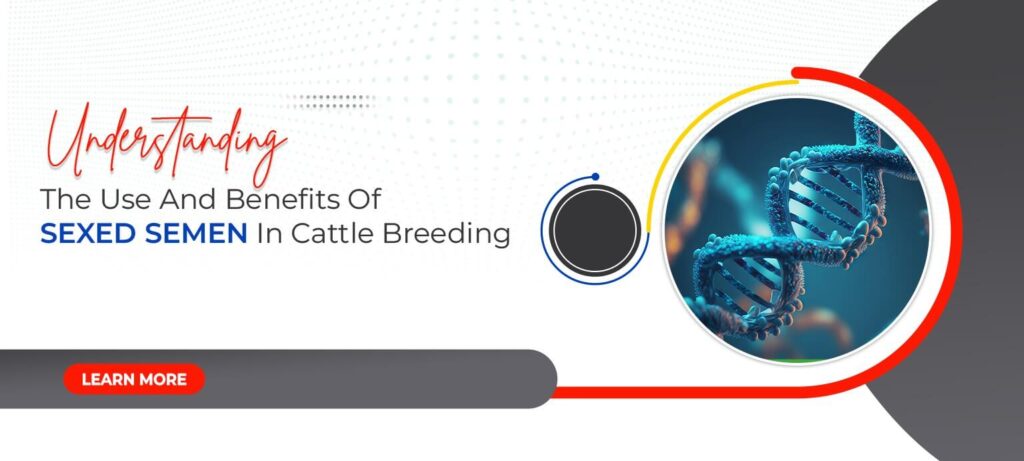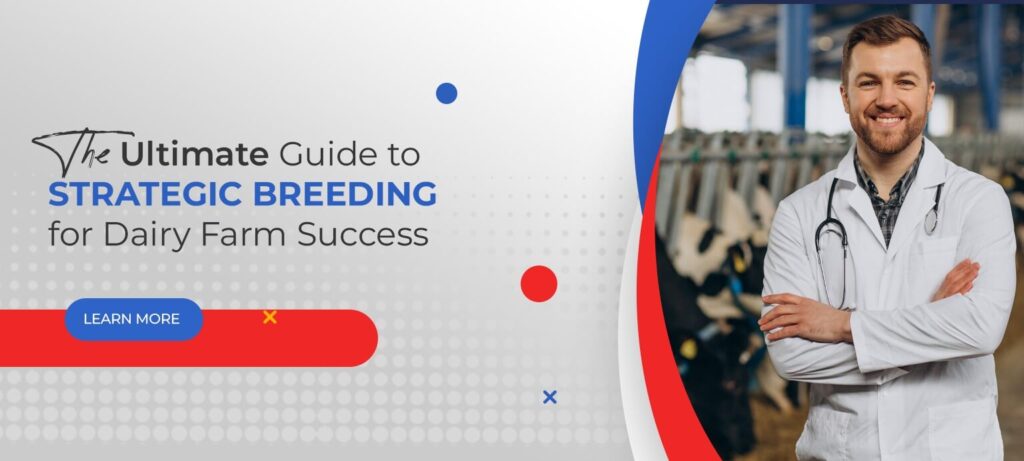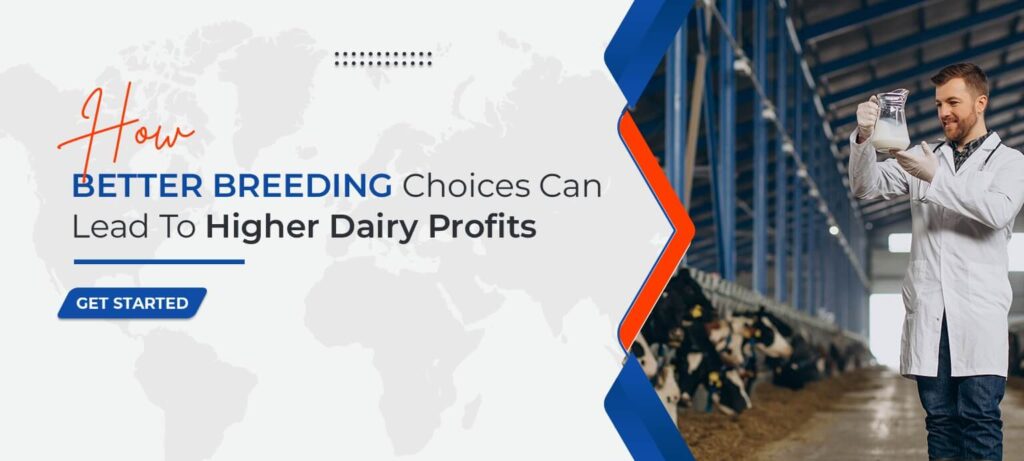As the dairy industry continues to evolve, dairy farmers are constantly seeking ways to improve the productivity and profitability of their operations. One area that has seen significant advancements in recent years is the field of breeding techniques. Advanced breeding techniques offer dairy farmers numerous benefits, from enhanced herd health and productivity to improved sustainability and economic outcomes. In this blog post, we will explore how dairy farmers can leverage these cutting-edge breeding methods to their advantage.
The Importance of Selective Breeding
Selective breeding has long been a cornerstone of dairy farming, and for good reason. By carefully selecting the most desirable traits in their breeding stock, dairy farmers can steadily improve the overall genetic quality of their herd. This can lead to a wide range of benefits, including:
• Increased Milk Yield: By focusing on breeding cows with a genetic predisposition for higher milk production, dairy farmers can see a significant boost in their herd’s milk output.
• Improved Feed Efficiency: Selective breeding can also target traits that contribute to better feed utilization, allowing cows to produce more milk with the same amount of feed.
• Enhanced Herd Health: Breeding for disease resistance, longevity, and other desirable health characteristics can reduce veterinary costs and improve the overall well-being of the herd.
• Reduced Environmental Impact: Cows that are more efficient in their feed utilization and have longer productive lifespans can help reduce the carbon footprint and environmental impact of dairy farming operations.
Emerging Breeding Technologies
While traditional selective breeding techniques have been effective, the dairy industry has witnessed the emergence of several advanced breeding technologies that offer even greater potential benefits. These include:
Genomic Selection
Genomic selection involves using DNA analysis to identify the genetic makeup of individual animals, allowing dairy farmers to make more informed breeding decisions. By analyzing a cow’s genetic markers, farmers can predict the animal’s potential for traits such as milk production, fertility, and disease resistance. This information can then be used to select the optimal breeding pairs, accelerating genetic progress and improving the overall quality of the herd.
In Vitro Fertilization (IVF)
In vitro fertilization (IVF) is a powerful technique that enables dairy farmers to produce a larger number of high-quality offspring from their most elite breeding stock. By harvesting and fertilizing oocytes (egg cells) from superior cows, and then implanting the resulting embryos into recipient cows, dairy farmers can rapidly increase the number of calves with desirable genetic traits.
Sexed Semen
Sexed semen technology allows dairy farmers to selectively breed for the desired sex of the calf. By separating and preserving X-bearing (female) sperm, dairy farmers can increase the odds of producing female calves, which are typically more valuable for dairy operations. This can help dairy farmers more effectively manage their herd composition and plan for future replacements.
Embryo Transfer
Embryo transfer is another advanced breeding technique that enables dairy farmers to multiply the offspring of their most elite breeding stock. By harvesting embryos from high-performing cows and transferring them to recipient cows, dairy farmers can produce multiple calves from a single superior dam, accelerating genetic progress and increasing the availability of desirable breeding animals.
Benefits of Advanced Breeding Techniques
The adoption of these advanced breeding technologies can provide dairy farmers with a wide range of benefits, including:
• Increased Productivity: By breeding for higher milk yields, improved feed efficiency, and enhanced herd health, dairy farmers can see a significant increase in their overall herd productivity, leading to greater profitability.
• Faster Genetic Improvement: The use of genomic selection, IVF, sexed semen, and embryo transfer can dramatically accelerate the rate at which dairy farmers can improve the genetic quality of their herd, allowing them to achieve their breeding goals more quickly.
• Enhanced Sustainability: Breeding for traits such as disease resistance, longevity, and improved feed efficiency can help dairy farmers reduce their environmental footprint, contributing to the overall sustainability of their operations.
• Improved Herd Management: Advanced breeding techniques can provide dairy farmers with greater control over the composition and genetic makeup of their herd, enabling them to make more informed decisions about herd replacements and breeding strategies.
• Increased Profitability: By improving productivity, reducing costs, and enhancing the overall quality of their herd, dairy farmers who adopt advanced breeding techniques can experience significant improvements in their bottom line.
The Bottom Line
Advanced breeding techniques offer dairy farmers a powerful tool to enhance the productivity, sustainability, and profitability of their operations. By leveraging technologies such as genomic selection, IVF, sexed semen, and embryo transfer, dairy farmers can accelerate genetic progress, improve herd health and performance, and ultimately, strengthen the long-term viability of their dairy businesses. As the dairy industry continues to evolve, the adoption of these cutting-edge breeding techniques will be a key factor in determining the success and competitiveness of dairy farms in the years to come.
If you are a dairy farmer and looking for advanced breeding techniques to take your dairy operation to new heights of productivity and profitability, Accuvance India, a leading provider of cutting-edge breeding solutions, can help you unlock the full potential of your herd. With our expertise in genomic selection, IVF, and other innovative breeding technologies, Accuvance India can work with you to develop a tailored breeding strategy that aligns with your specific goals and the unique characteristics of your dairy farm.









